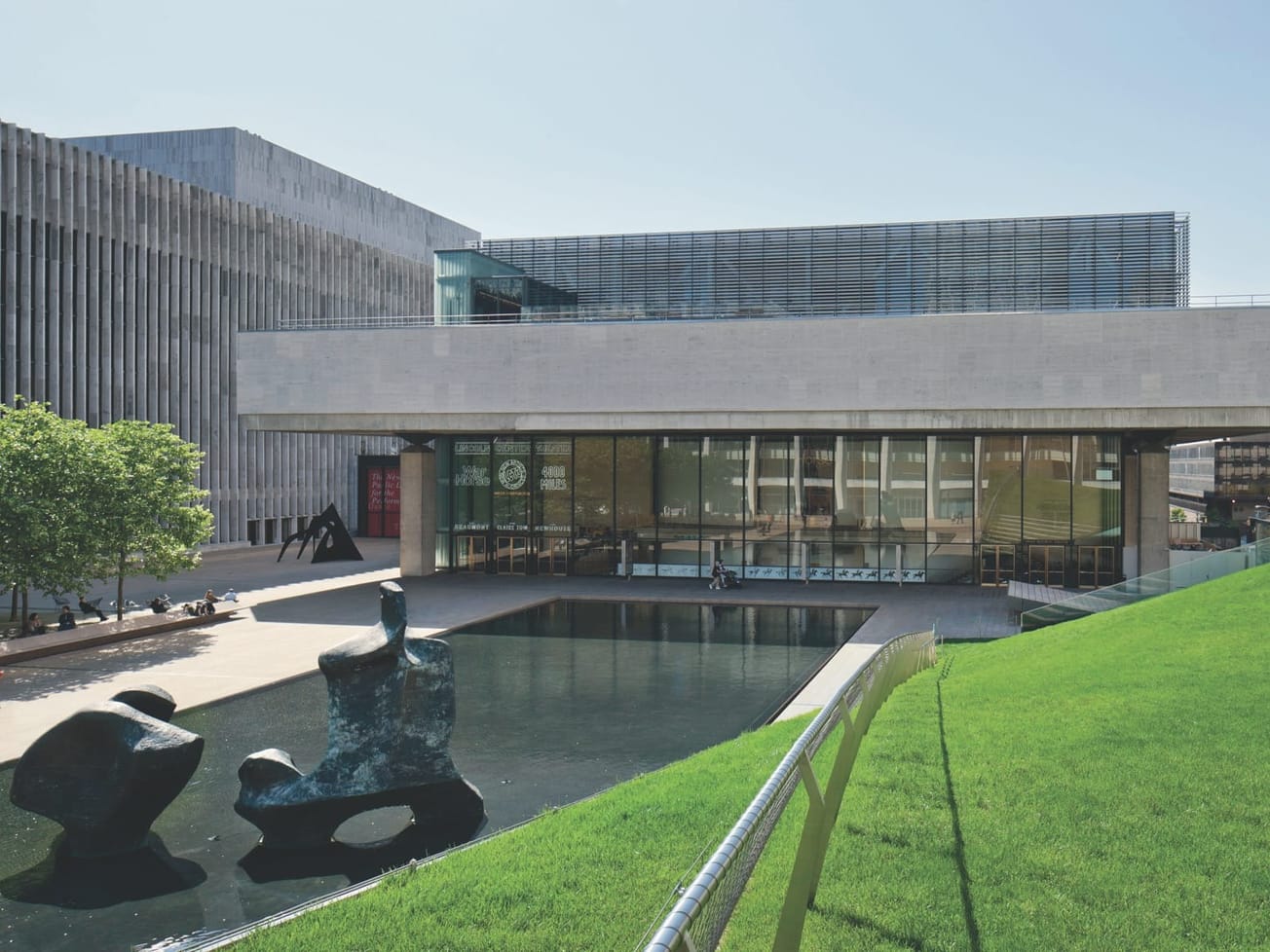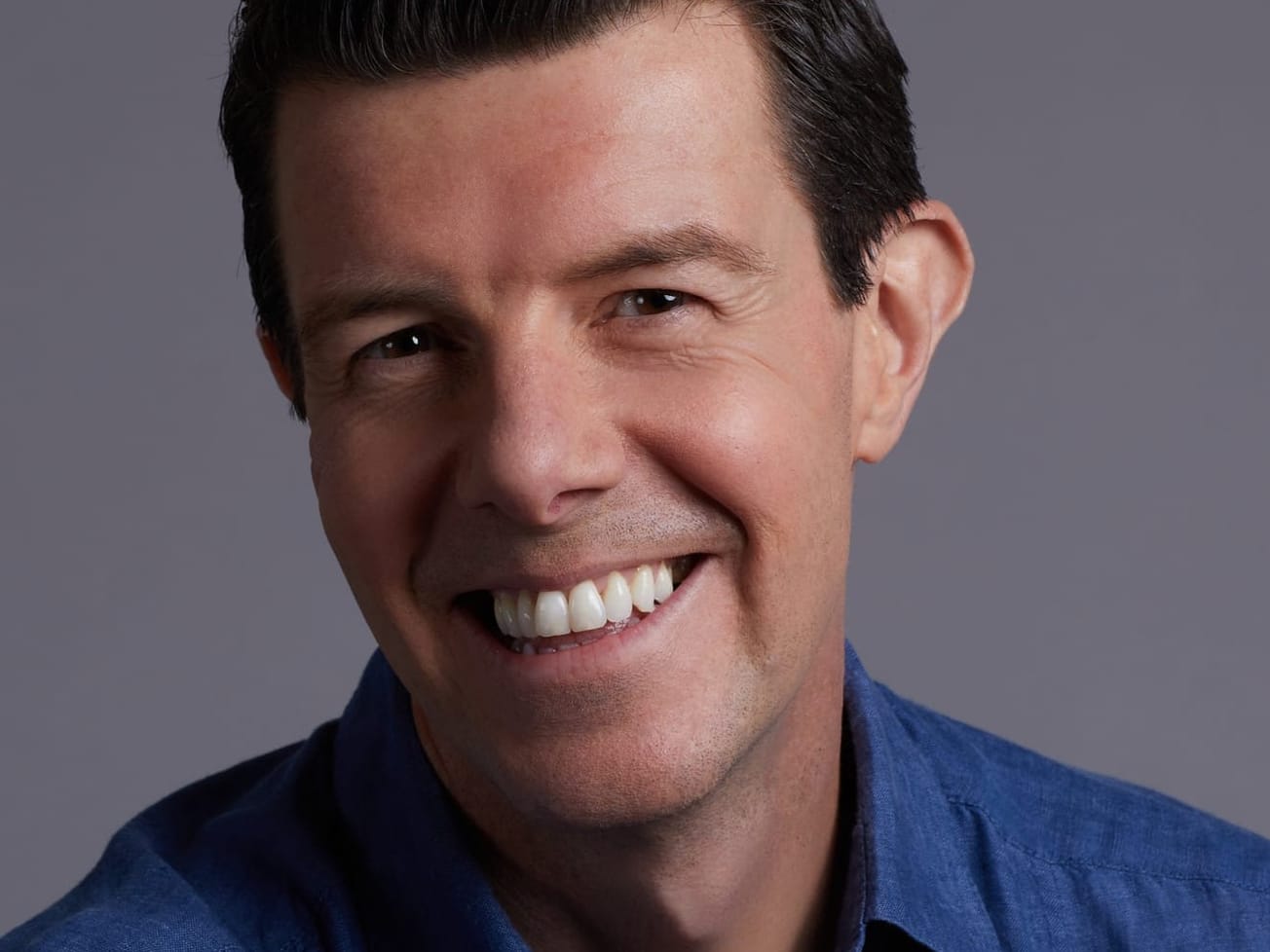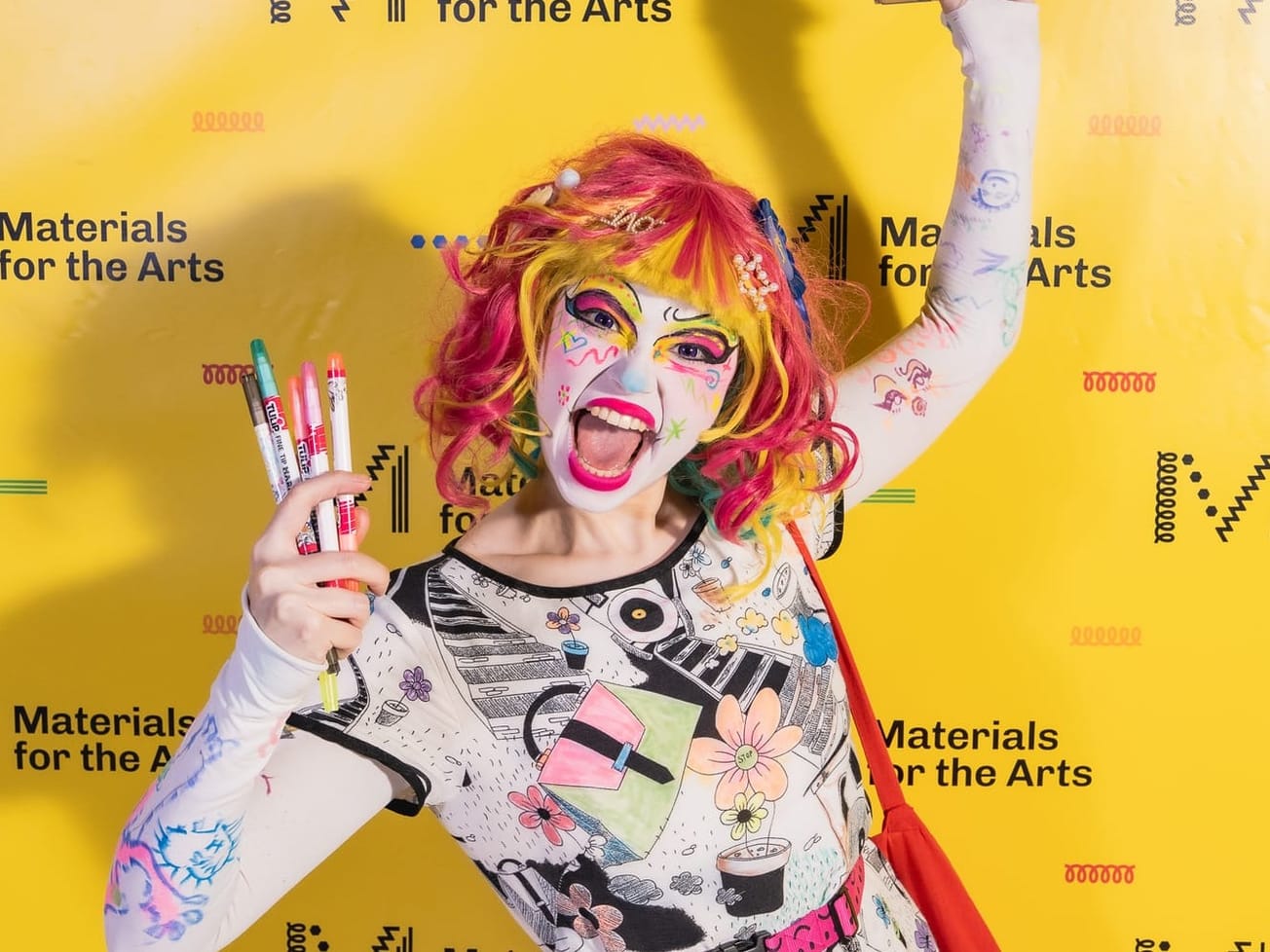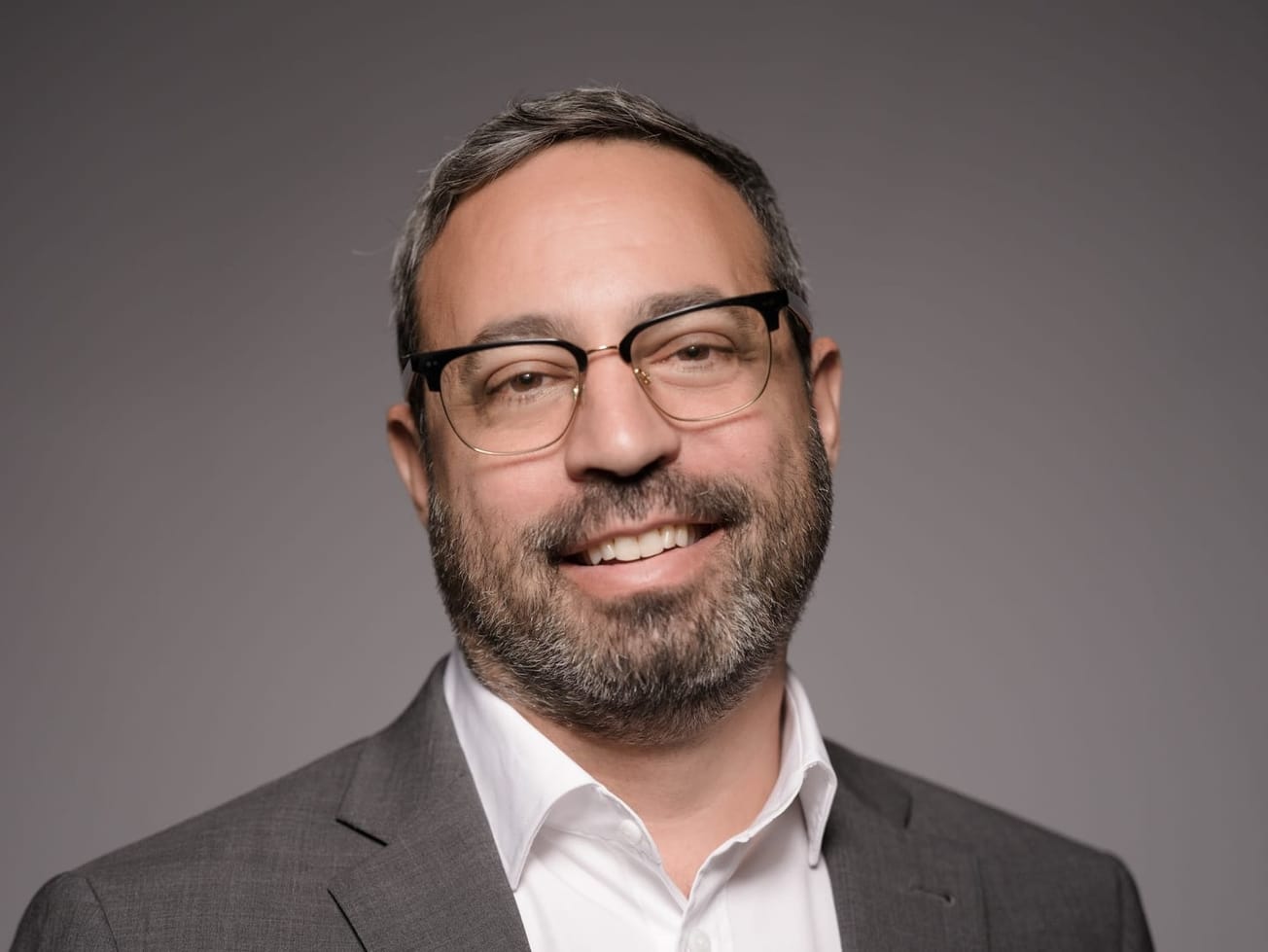To understand the Comedian Harmonists, the internationally renowned vocal group that inspired the Broadway musical “Harmony,” one must understand the ensemble’s founder, Harry Frommermann.
“He is a musical genius who could arrange these extraordinary six-part harmonies without any formal training,” said Zal Owen, who played the onstage version of Frommermann in “Harmony.” “And he’s, in essence, not only the person who was the foundation of the group and the ideas guy — if you will — but he is the glue that kept the group together at all times. He is the one who tried to get them to success, and to get them as far as he could, as far as the people, the audiences would be excited to hear them.”
As the podcast “Who Were the Comedian Harmonists? The True Story Behind Broadway’s ‘Harmony’” continues to uncover the deep history of the group and its members, episode two delves into Frommermann’s life and motivations.
Listen to the second episode of “Who Were the Comedian Harmonists? The True Story Behind Broadway’s ‘Harmony’”:
Frommermann’s father started out as a singer with the Berlin Philharmonic and was also a cantor. So young Harry grew up sitting in the orchestra pits of shows, surrounded by music. “It is said that from [there] he learned how to imitate these instruments, and later, he used that in the Comedian Harmonists acts when he sometimes [imitated] a trumpet or something like that,” noted Jan Grübler, the author of Frommermann’s biography and the podcast’s historian.
In his twenties, Frommermann discovered an American group called the Revelers. “He immediately had this idea that he could do the same thing in Germany,” Owen said, “that he could take this breadth of musical knowledge and harmonies and imitation of instruments — which the Revelers were not doing — and do this for a German audience and become successful.”
Fueled by Frommermann’s musicality and vision, the Comedian Harmonists catapulted to fame in the late 1920s and early 1930s. But what audiences did not see in “Harmony” was that Frommermann’s place in the group was tenuous at times. This second episode digs into the interpersonal relations of the group and Frommermann’s struggle.
Plus, what happened to Frommermann after he fled Germany? Where did he settle? And how was he involved in the Nuremberg Trials?
Through letters from Frommermann and interviews with his distant relative, Michael Salzbank, as well as Owen, Grübler and “Harmony” librettist Bruce Sussman, “Who Were the Comedian Harmonists?” uncovers all the details.
Want to know the specifics of the fortune and fate of the group and its members? Listen to the full debut episode of “Who Were the Comedian Harmonists? The True Story Behind Broadway’s ‘Harmony’” with the player above or download and subscribe to the podcast on platforms including Spotify and Apple Podcasts. New episodes of “Who Were the Comedian Harmonists?” are released on Wednesdays. This podcast is produced by Broadway News and “Harmony A New Musical,” edited by Daniel Piñeiro and hosted by Ruthie Fierberg.


























































